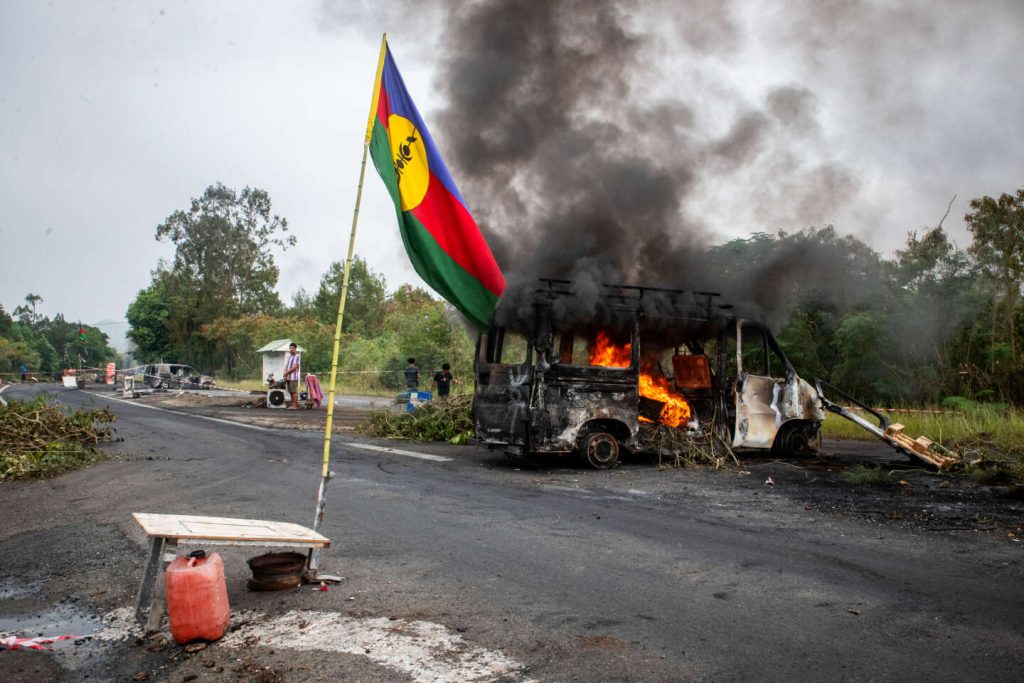To navigate the complex situation in New Caledonia, the government should not overlook the potential role of ecclesiastical institutions as mediators. In 1988, Prime Minister Michel Rocard understood the local context well and wisely utilized this approach, among others. The “dialogue mission” dispatched at the time, which engaged with the conflicting parties and ultimately led to the Matignon Accords, included six members, three of whom represented major spiritual families: Canon Paul Guiberteau, Pastor Jacques Stewart, and Roger Leray, the Grand Master of the Grand Orient of France. This unique composition was necessary in this Pacific territory due to the specific history of the New Caledonian archipelago.
The history of New Caledonia is marked by a significant population decrease among the indigenous Kanak people, with roughly 90% of the population disappearing between 1853 and 1903 due to imported diseases, repression of uprisings, and the defeatist mentality of a conquered people who stopped having children. The demographic decline was only reversed through the efforts of Protestant and Catholic missions. Beyond spiritual aspirations, these Christian missions played a crucial role in resisting land dispossession and fighting for civil rights. The Kanak population has now recovered to around 110,000 inhabitants, mirroring the levels of 1853, according to the latest census data from the National Institute of Statistics and Economic Studies in 2019.
Focusing on Protestantism in New Caledonia, it is noteworthy that the evangelization efforts, both in the region and throughout the Pacific, were initially led by indigenous people themselves. From Tahiti to various islands, Pacific Islanders converted others within their communities by leveraging traditional networks that connected different Oceania archipelagos. This indigenous-led approach ensured that the Gospel was not seen as an external import but rather integrated, albeit with some syncretism, into local cultures. The assimilation of Christianity into Pacific cultures highlights the unique approach to evangelization in the region.
The involvement of ecclesiastical institutions as mediators in addressing the challenges facing New Caledonia can draw from the historical significance of missions in the region, particularly the role of both Protestant and Catholic missions in shaping the demographic landscape and empowering the Kanak population. By recognizing the cultural and spiritual dimensions of the conflict, a holistic approach can be taken to foster dialogue and reconciliation. The integration of local traditions and values with modern conflict resolution methods can offer a comprehensive solution to the complex issues in New Caledonia, following the successful model of engagement established by past missions in the region. By embracing the diversity of perspectives and experiences, a peaceful resolution to the current situation can be achieved with the support of ecclesiastical institutions.


